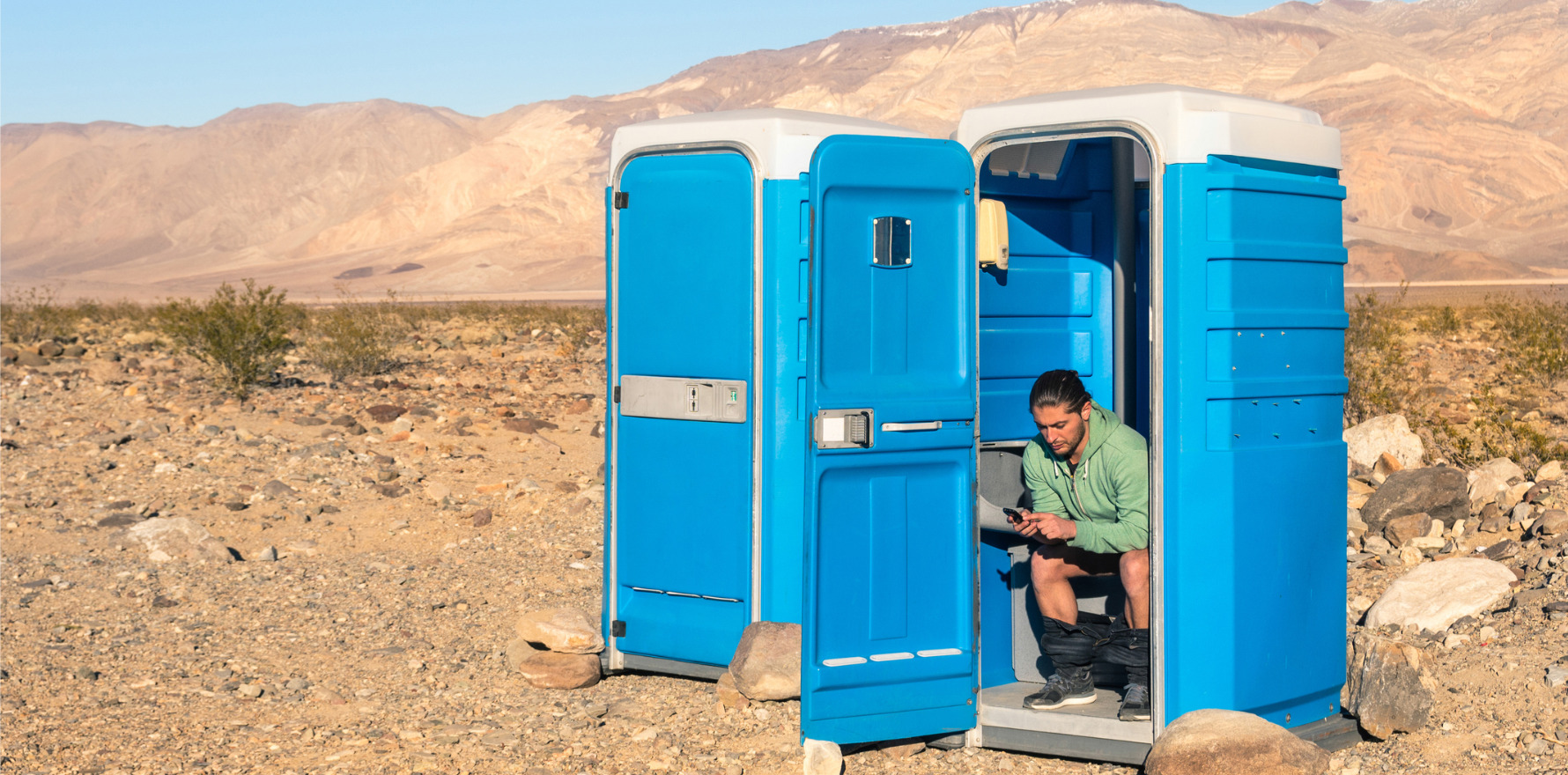Only 40% of people complete the test and return it to the lab – the lowest participation rate of Australia’s three screening programs.
Australians could soon receive SMS reminders about the importance of completing their bowel screening kit as part of a new national push to improve low participation in the program.
The Bowel Cancer Screening Alliance has teamed up with Australian peak bodies and universities to design a randomised control trial to assess improvements in the National Bowel Cancer Screening Program.
Speaking at the Public Health Association’s Screening Symposium 2023 in Melbourne last week, Professor Mark Jenkins, director of the Centre for Epidemiology and Biostatistics at the University of Melbourne, said about 250,000 bowel screen tests were sent out every month in Australia.
Professor Jenkins is also a cancer epidemiologist leading a research program to increase participation in the NBCSP, which is aimed at all Australians aged 50 to 74 years.
Only 40% of people complete the faecal immunochemical test (FIT) and return it to the laboratory, he said. This was the lowest participation rate of Australia’s three screening programs (including HPV and breast screening).
“This is last year’s data, which is low compared to other countries that have a participation rate in the 60 to 70% range,” Professor Jenkins told delegates.
“The Bowel Cancer Screening Alliance have been funded by the NHMRC under the synergy grant scheme to address this problem. Our goal is to see screening increase to 60%.”
Improving the participation rates would bring significant results in terms of early detection and improved outcomes for patients, he said.
“If it could be maintained over 25 years, that would mean 37,000 fewer bowel cancers, 25,000 [approximately fewer] bowel cancer deaths, and $400 million fewer health care costs, especially in the later years,” Professor Jenkins said.
“Increasing participation is one of the most cost-effective ways to reduce the burden of bowel cancer in this country. While we think this goal is achievable, though, we also know that it is going to require a cooperative effort.”
The alliance has been funded to complete a three-phase program of research, which will include trialling and evaluating ways to improve participation.
These include looking at written material sent out to participants, ways of engaging with CALD communities, changing the collection to one sample, utilising SMS messages to remind people to complete their kit, and using AI for patient navigation.
“We’re proposing to begin our investigation by assessing just a single SMS – keep it simple, sent around the time of the reminder letter to just the 50 to 54-year-olds as these have the lowest level of participation, but also are the most likely to use SMS,” he said.
“There is still a fair bit of work to do and decide the best wording and that will be done in co-design with consumers.”
Professor Jenkins said there was already evidence from other research that SMS works in some circumstances and was also an effective reminder for “first-time screeners”.
“We also know that SMSs are a common and accepted way of receiving medical information and prompts – they’re fast, convenient and helpful for planning, especially for people at the younger end of the screening population,” he told the symposium.
Professor Jenkins said the SMS project was the best innovation to start with, because it was inexpensive, low risk and would not interrupt the current program.
“In my mind, there is an urgency to make this happen. If we had already achieved our jump from 40% to 60%, there would be 25,000 fewer deaths over 25 years, which is 1000 deaths per year, which is 20 a week,” he said.
“So 20 fewer deaths this week, 20 fewer deaths next week, and so on and so on, if we can increase participation from 40 to 60%.”


